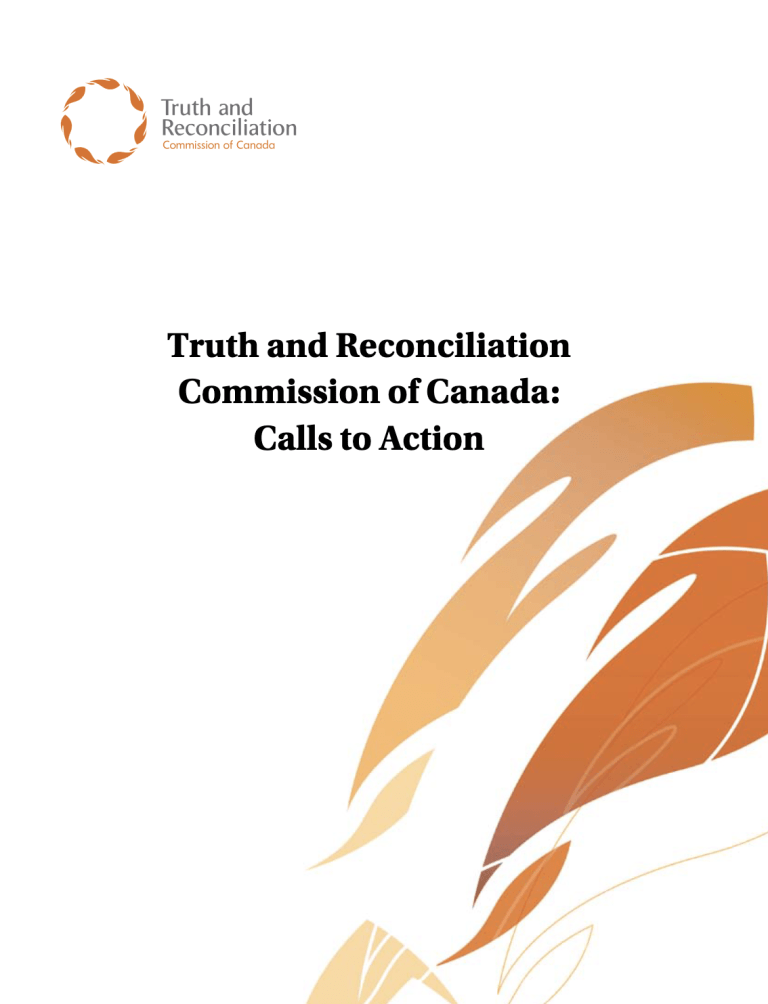21 search results
for
Human rights system
Legacy
Health
Recommendation 18: We call upon the federal, provincial, territorial, and Aboriginal governments to acknowledge that the current state of Aboriginal health in Canada is a direct result of previous Canadian government policies, including residential schools, and to recognize and implement the health-care rights of Aboriginal people as identified in international law, constitutional law, and under the Treaties.-
Category and theme:
Audience:
Groups affected:
Location of recommendation:
Legacy
Health
Recommendation 24: We call upon medical and nursing schools in Canada to require all students to take a course dealing with Aboriginal health issues, including the history and legacy of residential schools, the United Nations Declaration on the Rights of Indigenous Peoples, Treaties and Aboriginal rights, and Indigenous teachings and practices. This will require skills-based training in intercultural competency, conflict resolution, human rights, and anti-racism.-
Category and theme:
Audience:
Groups affected:
Location of recommendation:
Legacy
Justice
Recommendation 25: We call upon the federal government to establish a written policy that reaffirms the independence of the Royal Canadian Mounted Police to investigate crimes in which the government has its own interest as a potential or real party in civil litigation.-
Category and theme:
Audience:
Groups affected:
Location of recommendation:
Legacy
Justice
Recommendation 27: We call upon the Federation of Law Societies of Canada to ensure that lawyers receive appropriate cultural competency training, which includes the history and legacy of residential schools, the United Nations Declaration on the Rights of Indigenous Peoples, Treaties and Aboriginal rights, Indigenous law, and Aboriginal–Crown relations. This will require skills-based training in intercultural competency, conflict resolution, human rights, and anti-racism.-
Category and theme:
Groups affected:
Location of recommendation:
Legacy
Justice
Recommendation 28: We call upon law schools in Canada to require all law students to take a course in Aboriginal people and the law, which includes the history and legacy of residential schools, the United Nations Declaration on the Rights of Indigenous Peoples, Treaties and Aboriginal rights, Indigenous law, and Aboriginal–Crown relations. This will require skills-based training in intercultural competency, conflict resolution, human rights, and anti-racism.-
Category and theme:
Audience:
Groups affected:
Location of recommendation:
Legacy
Justice
Recommendation 29: We call upon the parties and, in particular, the federal government, to work collaboratively with plaintiffs not included in the Indian Residential Schools Settlement Agreement to have disputed legal issues determined expeditiously on an agreed set of facts.-
Category and theme:
Audience:
Groups affected:
Location of recommendation:
Legacy
Justice
Recommendation 42: We call upon the federal, provincial, and territorial governments to commit to the recognition and implementation of Aboriginal justice systems in a manner consistent with the Treaty and Aboriginal rights of Aboriginal peoples, the Constitution Act, 1982, and the United Nations Declaration on the Rights of Indigenous Peoples, endorsed by Canada in November 2012.-
Category and theme:
Audience:
Groups affected:
Location of recommendation:
Reconciliation
Canadian governments and the United Nations Declaration on the Rights of Indigenous People
Recommendation 43: We call upon federal, provincial, territorial, and municipal governments to fully adopt and implement the United Nations Declaration on the Rights of Indigenous Peoples as the framework for reconciliation.-
Category and theme:
Audience:
Groups affected:
Location of recommendation:
Reconciliation
Canadian governments and the United Nations Declaration on the Rights of Indigenous People
Recommendation 44: We call upon the Government of Canada to develop a national action plan, strategies, and other concrete measures to achieve the goals of the United Nations Declaration on the Rights of Indigenous Peoples.-
Category and theme:
Audience:
Groups affected:
Location of recommendation:
Reconciliation
Royal Proclamation and Covenant of Reconciliation
Recommendation 45: We call upon the Government of Canada, on behalf of all Canadians, to jointly develop with Aboriginal peoples a Royal Proclamation of Reconciliation to be issued by the Crown. The proclamation would build on the Royal Proclamation of 1763 and the Treaty of Niagara of 1764, and reaffirm the nation-to-nation relationship between Aboriginal peoples and the Crown. The proclamation would include, but not be limited to, the following commitments:- Repudiate concepts used to justify European sovereignty over Indigenous lands and peoples such as the Doctrine of Discovery and terra nullius.
- Adopt and implement the United Nations Declaration on the Rights of Indigenous Peoples as the framework for reconciliation.
- Renew or establish Treaty relationships based on principles of mutual recognition, mutual respect, and shared responsibility for maintaining those relationships into the future.
- Reconcile Aboriginal and Crown constitutional and legal orders to ensure that Aboriginal peoples are full partners in Confederation, including the recognition and integration of Indigenous laws and legal traditions in negotiation and implementation processes involving Treaties, land claims, and other constructive agreements.
-
Category and theme:
Audience:
Groups affected:
Location of recommendation:
